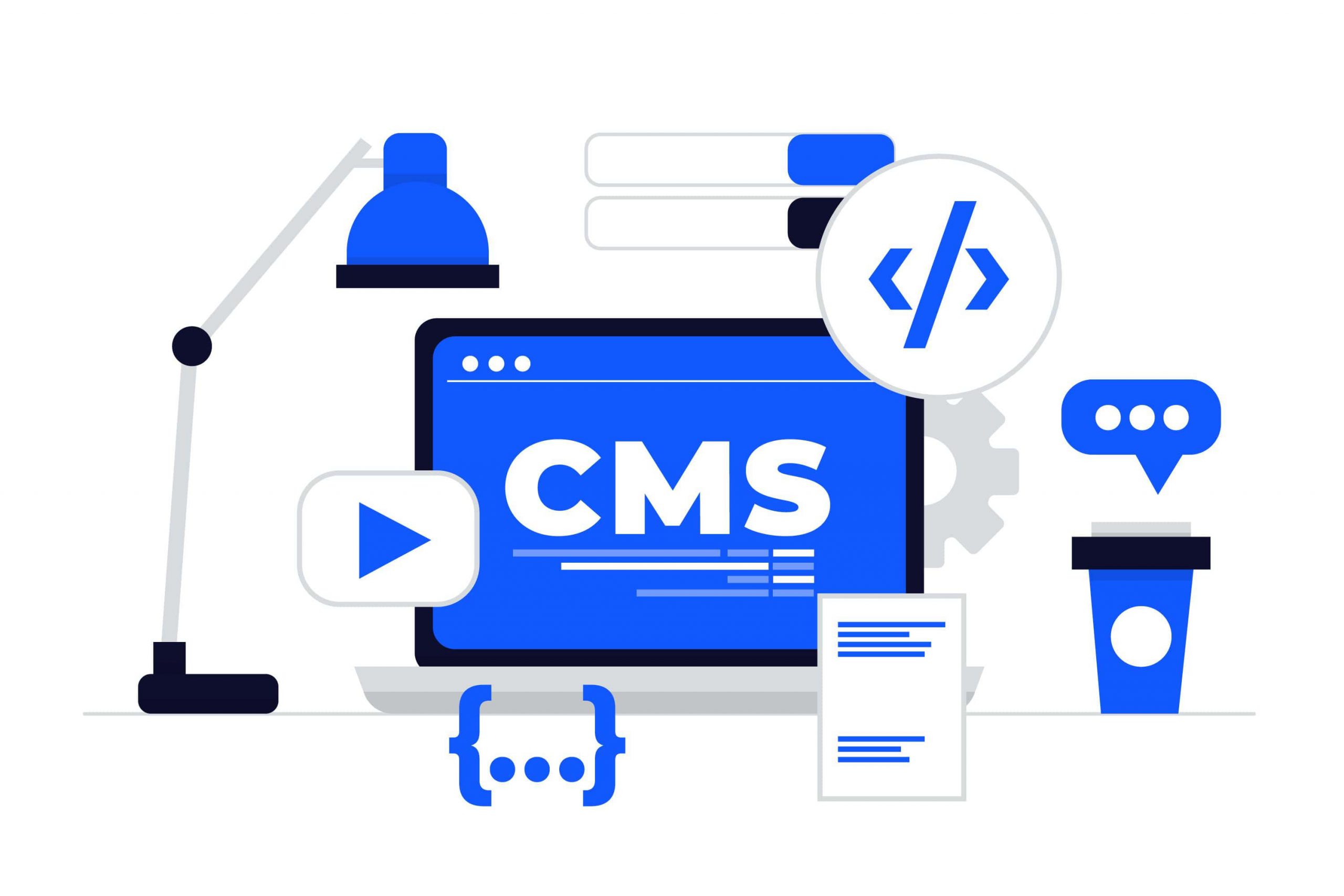In today’s digital age, websites are the backbone of businesses, personal brands, and online communities. Whether you run a small blog, an e-commerce store, or a corporate website, your site’s data is one of your most valuable assets. However, many website owners underestimate the importance of regularly backing up their website files and databases. This oversight can lead to catastrophic consequences, including data loss, downtime, and financial losses. In this article, we’ll explore why periodic backups are essential and provide a comprehensive guide to understanding and implementing a robust backup strategy.
1. Protection Against Data Loss
Data loss can occur for various reasons, and without a backup, recovering lost data can be nearly impossible. Here are some common causes of data loss:
Human Error
- Accidental Deletion: It’s easy to accidentally delete critical files or database entries, especially when managing a website with multiple users.
- Misconfiguration: Incorrect changes to website settings, plugins, or themes can corrupt files or break functionality.
Cyberattacks
- Malware and Ransomware: Hackers can infect your website with malware, encrypt your files, and demand a ransom for their release.
- Data Breaches: Attackers may steal sensitive data, such as customer information or payment details.

Hardware Failures
- Server Crashes: Web hosting servers can fail due to hardware issues, leading to data loss.
- Storage Corruption: Hard drives or SSDs can become corrupted, making data recovery difficult.
Software Issues
- Failed Updates: Updates to your content management system (CMS), plugins, or themes can sometimes cause errors or crashes.
- Compatibility Problems: New software installations may conflict with existing components, leading to data corruption.
Natural Disasters
- Fire, Flood, or Power Surges: Physical damage to servers or data centers can result in permanent data loss.
By periodically backing up your website files and database, you can restore your site to a previous state in the event of data loss, minimizing downtime and ensuring business continuity.
2. Quick Recovery from Cyberattacks
Cyberattacks are on the rise, and websites are prime targets. According to a report by Cybersecurity Ventures, cybercrime damages are expected to reach $10.5 trillion annually by 2025. If your website is hacked, having a recent backup allows you to:
- Remove Malware: Restore your site to a clean version before the attack occurred.
- Regain Control: Recover your website without paying a ransom to hackers.
- Protect Your Reputation: Quickly restore your site to maintain customer trust and avoid negative publicity.
Without a backup, recovering from a cyberattack can be time-consuming, expensive, and sometimes impossible.

3. Minimize Downtime
Downtime can be costly for businesses. According to Gartner, the average cost of IT downtime is $5,600 per minute. Whether your website goes down due to a server failure, a cyberattack, or a software issue, every minute of downtime can result in lost revenue, decreased productivity, and damage to your brand’s reputation.
Periodic backups enable you to:
- Restore Your Site Quickly: Reduce downtime by restoring your website to a functional state.
- Maintain Customer Trust: Ensure your customers can access your site without interruptions.
- Avoid Revenue Loss: Keep your online store or service operational, even in the face of technical issues.
4. Safeguard Against Failed Updates
Updating your CMS, plugins, or themes is essential for security and performance. However, updates can sometimes go wrong, causing your website to break. For example:
- A plugin update may conflict with your theme.
- A CMS update may introduce bugs or compatibility issues.

With a recent backup, you can:
- Roll Back Changes: Restore your site to its pre-update state if something goes wrong.
- Test Updates Safely: Create a backup before applying updates, allowing you to test changes without risking your live site.
5. Compliance with Legal and Regulatory Requirements
Many industries are subject to strict data protection regulations, such as the General Data Protection Regulation (GDPR) in the European Union or the Health Insurance Portability and Accountability Act (HIPAA) in the United States. These regulations often require businesses to:
- Protect Sensitive Data: Ensure customer information is secure and recoverable.
- Report Data Breaches: Notify affected parties in the event of a data breach.
Regular backups help you comply with these regulations by:
- Ensuring Data Availability: Keeping a copy of your data in case of loss or corruption.
- Facilitating Audits: Providing evidence of your data protection practices.
6. Peace of Mind
Running a website can be stressful, especially when you’re responsible for sensitive data or a large customer base. Knowing that your website files and database are securely backed up provides peace of mind. You can focus on growing your business without constantly worrying about potential disasters.
7. How Often Should You Backup Your Website?
The frequency of backups depends on the nature of your website and how often it’s updated. Here are some general guidelines:
- Daily Backups: Ideal for high-traffic websites, e-commerce stores, or sites with frequently updated content.
- Weekly Backups: Suitable for small businesses or blogs with moderate activity.
- Monthly Backups: Appropriate for static websites with minimal changes.
Additionally, you should create a backup:
- Before Making Major Changes: Such as updating your CMS, installing new plugins, or redesigning your site.
- After Significant Updates: Such as adding new content, products, or features.
8. Types of Backups
There are several types of backups to consider:
- Full Backup: A complete copy of all your website files and database.
- Incremental Backup: Only backs up changes made since the last backup.
- Differential Backup: Backs up all changes made since the last full backup.
For most websites, a combination of full and incremental backups is recommended.
9. Best Practices for Website Backups
To ensure your backups are effective, follow these best practices:
- Automate Backups: Use backup plugins or hosting services that offer automated backups.
- Store Backups Offsite: Keep backups in a secure, remote location (e.g., cloud storage) to protect against physical damage.
- Test Your Backups: Regularly test your backups to ensure they can be restored successfully.
- Use Encryption: Encrypt your backups to protect sensitive data from unauthorized access.
- Set Retention Policies: Define how long backups should be kept and delete outdated backups to save storage space.

Conclusion
Periodically backing up your website files and database is not just a best practice—it’s a necessity. Backups protect you from data loss, cyberattacks, downtime, and compliance issues, while also providing peace of mind. By implementing a robust backup strategy and using the right tools, you can ensure that your website remains secure, functional, and resilient in the face of any challenge. Don’t wait until it’s too late—start backing up your website today!
Choosing ASPHostPortal for your website backup ensures reliability, security, and ease of recovery. Here’s why:
✅ Automated Daily Backups – Never worry about losing data with scheduled backups.
✅ Secure Storage – Your data is encrypted and stored in secure locations.
✅ Easy One-Click Restore – Restore your website instantly in case of issues.
✅ Minimal Downtime – Keep your business running smoothly with fast recovery.
✅ Scalable Solutions – Backup plans tailored to your website’s needs.
✅ Expert Support – 24/7 assistance to help with any backup or restoration concerns.
With ASPHostPortal, your website’s data is always safe, accessible, and protected against unexpected failures!

Andriy Kravets is writer and experience .NET developer and like .NET for regular development. He likes to build cross-platform libraries/software with .NET.



